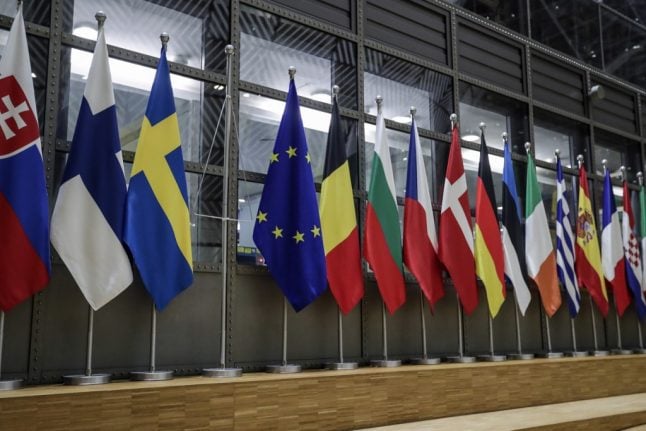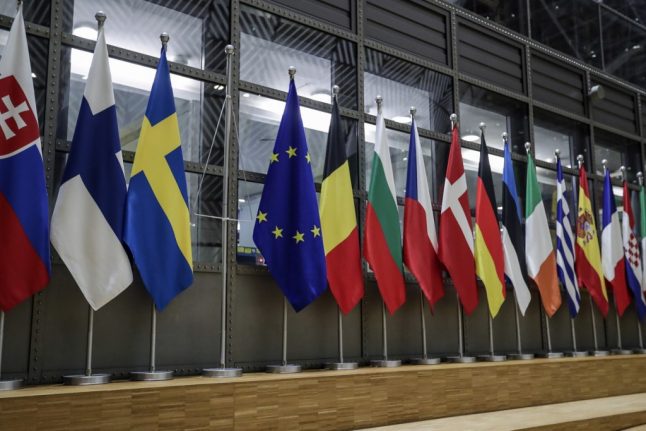According to data compiled by Eurostat, the statistical office of the European Union, 25 percent of Switzerland’s workforce comes from EU and EFTA states.
This percentage represents around 1.4 million people, including over 330,000 cross-border workers who commute daily to their Swiss jobs from France, Italy, Germany, and Austria.
“Participation in the Swiss labour market is extremely high among EU nationals,” Boris Zürcher, head of the labour department at the State Secretariat for Economic Affairs (SECO) said in an interview with RTS television.
READ MORE: Switzerland sees increase in number of foreign workers
However, this foreign workforce are not taking jobs away from the Swiss.
“They have complementary qualifications. Often, companies look for people who are specialists in a particular field and they can’t find them in Switzerland. Therefore, they recruit them from abroad,” Zürcher added.
This is contrary to the comments made recently by a rightwing politician Magdalena Martullo-Blocher, who told the media that foreigners “are taking the place of the Swiss” in the job market.
“Most often these workers come from a neighbouring country, relatively young and well educated,” Swiss migration specialist Laure Sandoz said in an interview.
In fact, nearly 60 percent of EU/EFTA nationals in Switzerland occupy positions in so-called intellectual, scientific or highly qualified professions, according to the 2020 report of the Observatory on the Free Movement of Persons.
They mainly work in the pharma, finance or new technology sectors. About 10 percent are in management positions.
Sandoz noted “a shift in migratory flows” between the EU / EFTA and Switzerland since the free movement of people agreement entred into force in 2002.
“At the beginning, there were a lot of French and German applicants. Little by little, the phenomenon has moved to southern Europe,” she said.
Today, the trend seems to be shifting to Eastern Europe, notably Poland, Slovakia, Romania, and Bulgaria, where restrictions on free movement were lifted when these nations joined the EU, Sandoz added.



 Please whitelist us to continue reading.
Please whitelist us to continue reading.
Member comments